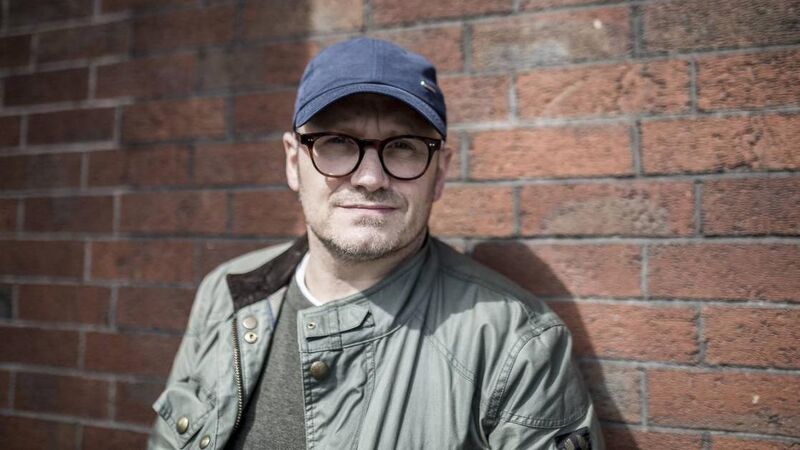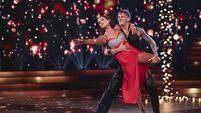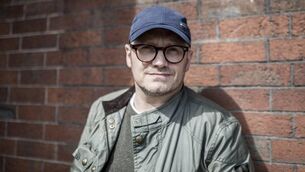Culture That Made Me: Conversations With Friends director Lenny Abrahamson reveals his influences

Lenny Abrahamson, director of Conversations With Friends.
Lenny Abrahamson, 55, grew up in Rathfarnham, Dublin. He is married with two children. In 2004, he directed Adam & Paul, the first of several acclaimed films, including Garage, Frank and Room, the latter of which saw him Oscar-nominated for best director. In 2020, Abrahamson adapted Sally Rooney’s Normal People novel for a hugely-popular 12-part television series. The first episode of his adaptation of her Conversations with Friends begins on RTÉ One, on Wednesday, May 18. Abrahamson will also be one of the guests at Fastnet Film Festival in Schull, Co Cork, May 25-29.




